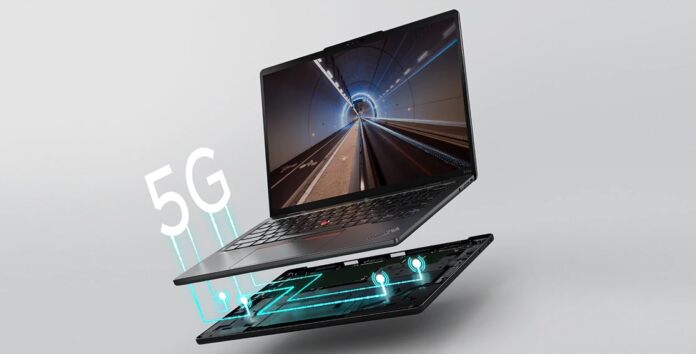Lenovo, the owner of ThinkPad and Motorola, has recently shown intentions to increase the repairability of its products, with an executive promising that more than 80 percent of its devices will be aimed to be consumer-repairable by 2025.
Potential Increase in Repairability
Luca Rossi, senior vice resident at Lenovo and president of its Intelligent Devices Group, shed light on the company's evolving viewpoint at the Canalys EMEA Forum 2023, revealing that a high percentage of their devices would provide user accessibility for repairs. “Batteries, SSD, many things will not be hermetically sealed into the product but will be available for the customer to repair on site, saving substantial amounts of waste,” Rossi said. The move is seen as a shift towards integrating more consumer-friendly features into the company's devices.
The Industry Shift Towards Repairability
This change in stance by Lenovo resonates with a broader shift observed within the industry where tech giants have begun to advocate for increased repairability and sustainability. A once unprecedented move, such decisions are driven by a change in economic and political atmosphere rather than any voluntary willingness of corporations. Notably, Apple's stance from countering right-to-repair bills to endorsing these legislative intents represents the change.
Driving these movements is the European Union, known for pushing companies to amend their products for enhance consumer experiences. Its influence was evident in the introduction of USB-C ports in iPhone 15 – a significant deviation for Apple.
In 2022, Microsoft made a broad commitment to make its notoriously tricky Surface devices more repairable. Surface devices have previously amongst the hardest to repair consumer tech products ever made. Microsoft has three suggestions to make it easier for customers to repair their Surface devices. However, these suggestions do not involve making the devices more DIY-friendly, so customers will still not be able to fix them by themselves.
The first suggestion is to let an independent study assess the social and environmental benefits of giving customers more options for repairing their devices. This will cover both Surface and Xbox products. The second suggestion is to make some Surface parts and repair guides more accessible to people other than Microsoft's Authorized Service Providers. The third suggestion is to create more local repair services around the world.
Implications For The Future
The forthcoming phase sees the EU focusing on urging smartphone manufacturers to ensure their batteries are replaceable. This illustrates a larger push towards consumer-oriented designs which Lenovo, alongside other large corporations, seems to be adapting to. As consumers become increasingly aware and concerned about sustainability, corporations face the obligation to echo these sentiments in their products. Lenovo's commitment to increasing repairability indicates an industry-wide trend that signifies a paradigm shift towards consumer-centric designs.






